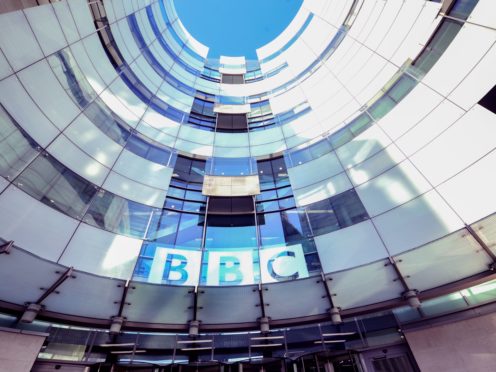A BBC executive has called on supporters of the TV licence to “stand up for it more strongly than ever”.
The broadcaster is poised to begin discussions with the Government about the level of the licence fee after 2022 and, with the introduction of new streaming services, its future has become a talking point.
BBC director of policy Clare Sumner said: “We have an important few months of debate ahead…
“We want all those who believe in the social and economic case for a universal BBC – for and available to everyone – to stand up for it more strongly than ever.”
She said “the case for a universal BBC has never been stronger” and that the licence fee is “widely backed by the public”.
Her comments came after the Government announced that the annual cost of a TV licence will increase from £157.50 to £159 from April 1.
And TV regulator Ofcom has launched a consultation on the future of public service broadcasting.
Government confirms TV Licence to rise in line with inflation: https://t.co/TqwFWQK1Ph
— BBC Press Office (@bbcpress) February 8, 2021
Sumner said the licence fee “makes us directly accountable to the whole country”.
She said of US streaming giants: “It’s great that there is now so much choice and quality on offer to audiences from the big global tech firms and streamers.
“But we know how strongly audiences value content made in and about the UK. They take pride in seeing their communities represented on screen.”
Sumner highlighted the rise “of disinformation and fake news”.
“The events of the past year have shown how important it is that the whole country has access to vital public health information at a time of crisis,” she said.
An “impartial news provider” has an “essential role” in serving society, supporting democracy and holding power to account,” she added.
The “universal reach of the BBC”, which has means-tested free TV licences for over-75s, has enabled it to make its recent education output, while programming from the World Cup to the Strictly Come Dancing final “help bind our society together”.
In 2020, then culture secretary Nicky Morgan mooted the possible end of the TV licence fee, saying “we must all be open-minded” about its future after December 2027.
